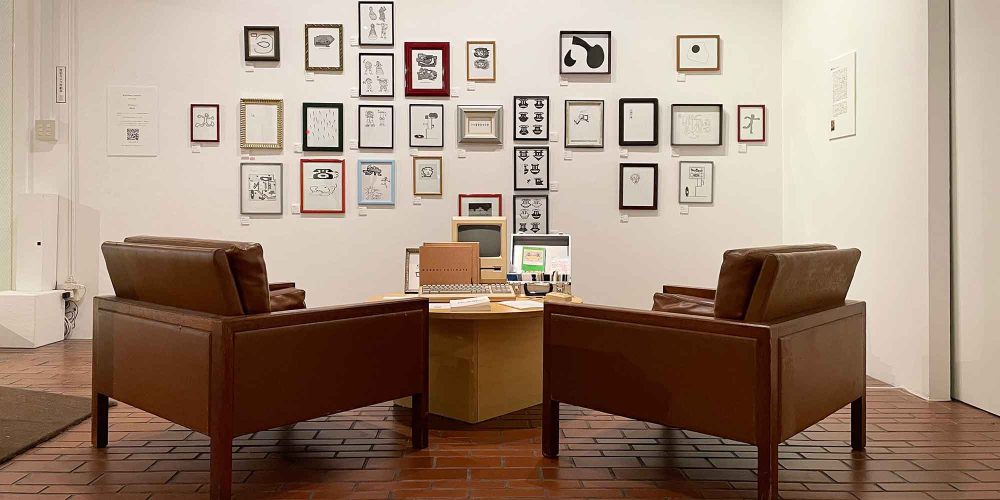
Artists
-
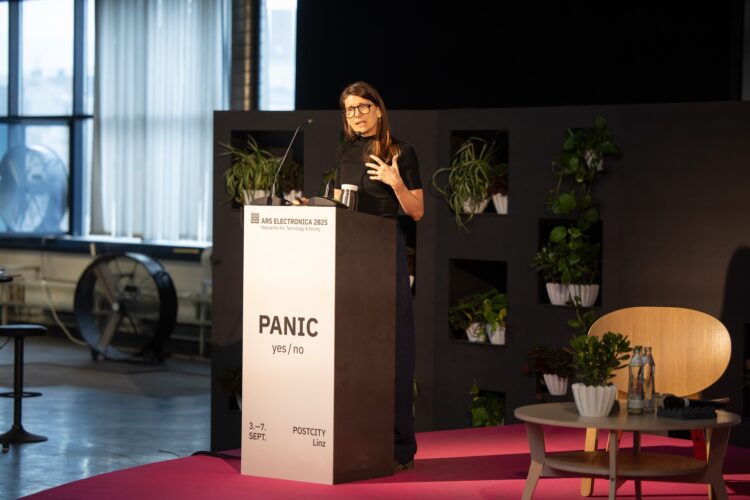
The blurry line between the arts and healthcare
The Ars Electronica Festival 2025 blurred boundaries between art and healthcare, showing how creative practices can power health innovation and re-imagine patient-centred care.
-
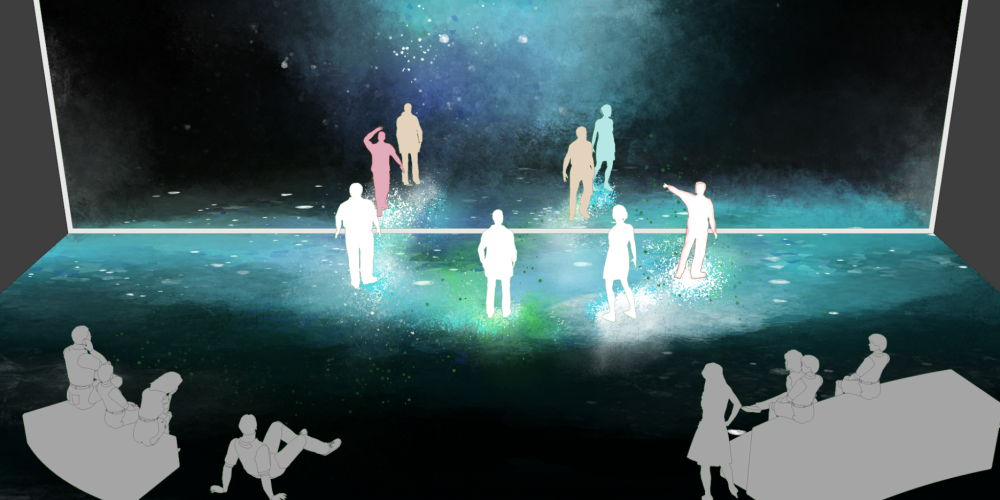
A space with endless possibilities
SHARESPACE explores new forms of collaboration between people, avatars, and AI in hybrid spaces. The focus is on connection, participation, and creative interaction, accompanied artistically by Ars Electronica Futurelab. One space, infinite possibilities.
-
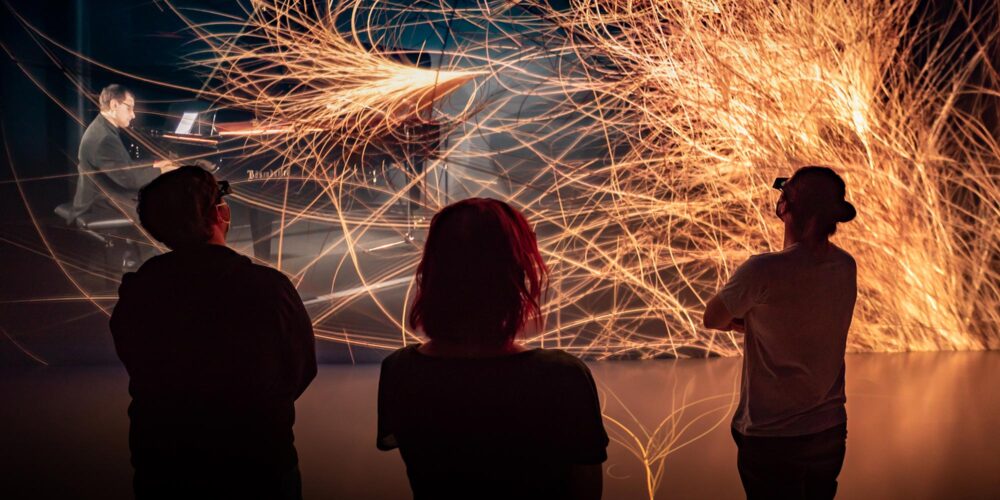
Between Inspiration and Loss of Control: Music in the Age of AI
Artificial Intelligence is changing how we perceive art. Projects such as the Waltz Symphony show how AI can enrich creative processes, as long as humans set the direction. But not everyone is convinced; some fear the loss of originality.
-
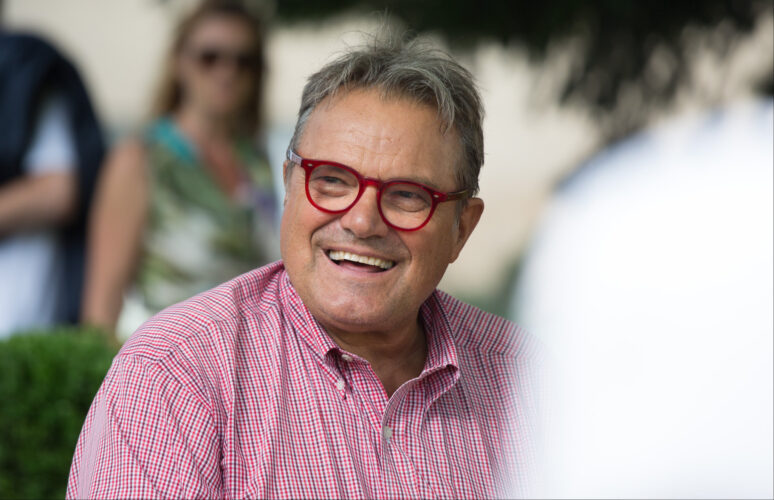
Oliviero Toscani: Creativity has to be subversive
Oliviero Toscani (1942–2025) used art and advertising to challenge society. His legacy inspires us to rethink the status quo.
-
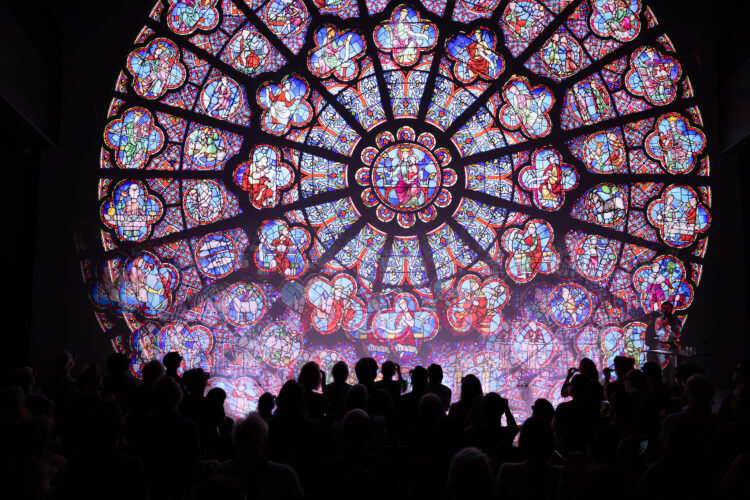
Can art change the world?
In 2024, Ars Electronica once again used international open calls, exciting collaborations and the festival as a stage to show how art can highlight creative solutions to the pressing issues of our time.
-
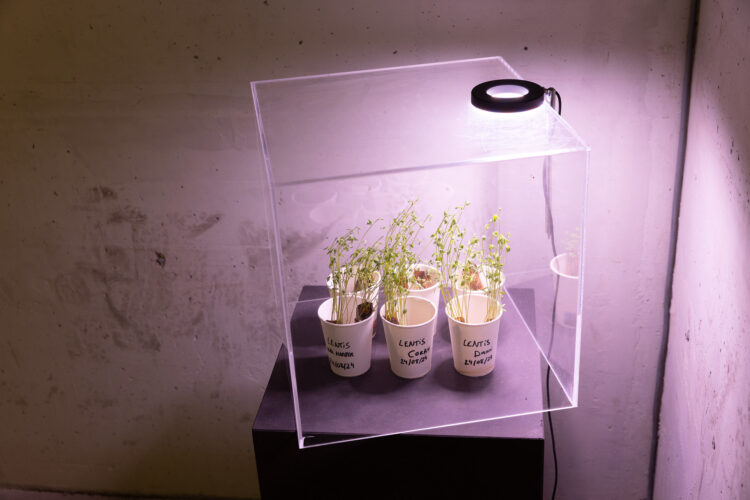
Ethical Approaches in Bio Art
Researcher and curator Eunji Kwon provides insights into her research work as part of the ARKO and Ars Electronica curatorial residency programme.
-
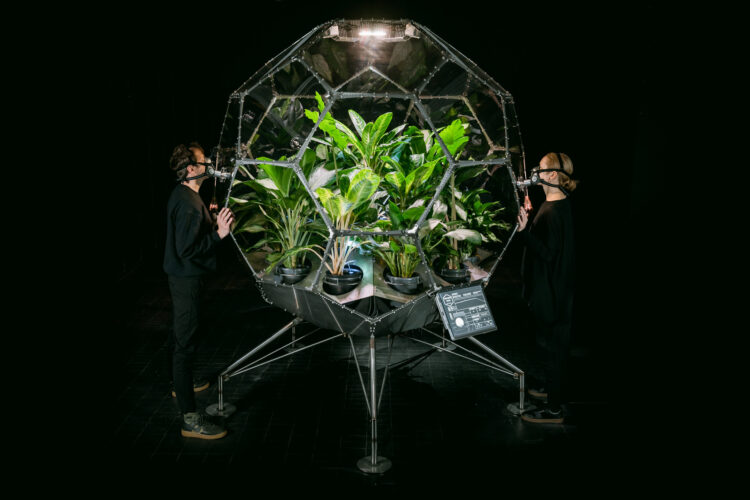
The interconnected world
The new exhibition at the Ars Electronica Center, “Connected Earth”, thematizes how the smallest creatures and powerful tides interact, what changes in biodiversity mean for man-made infrastructures, and what makes the Earth so habitable for millions of species, especially in their interaction.
-
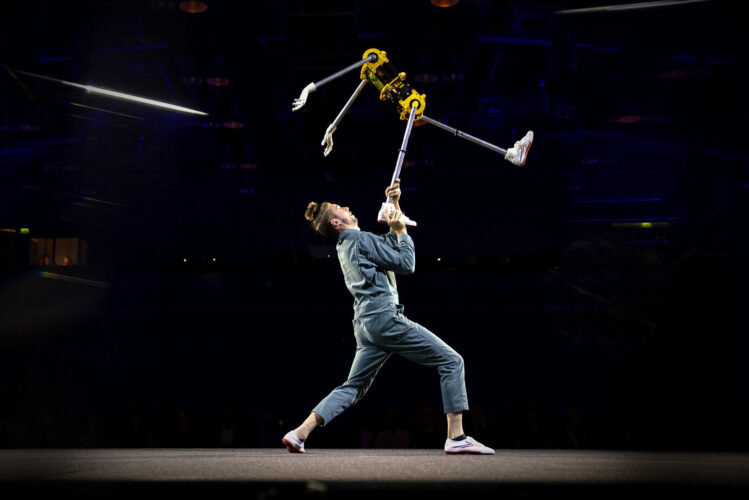
A record: More than 112,000 visits to Ars Electronica 2024
Once again, the Ars Electronica Festival has shown what it is all about: creating space, time and an atmosphere in which people can exchange ideas and inspire each other.
-
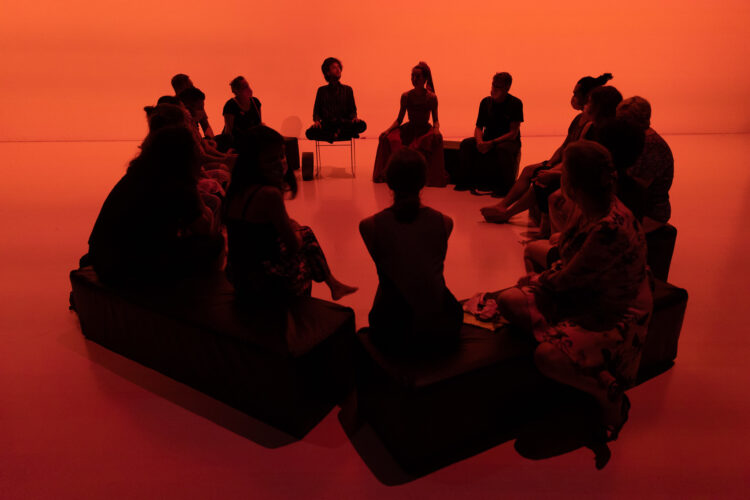
A Festival for Artists
What is the role of art festivals like Ars Electronica? What do they have to do and for whom? For good reason, the vast majority of answers to these questions focus on the audience. However, another key target group is often overlooked: the artists themselves.
-
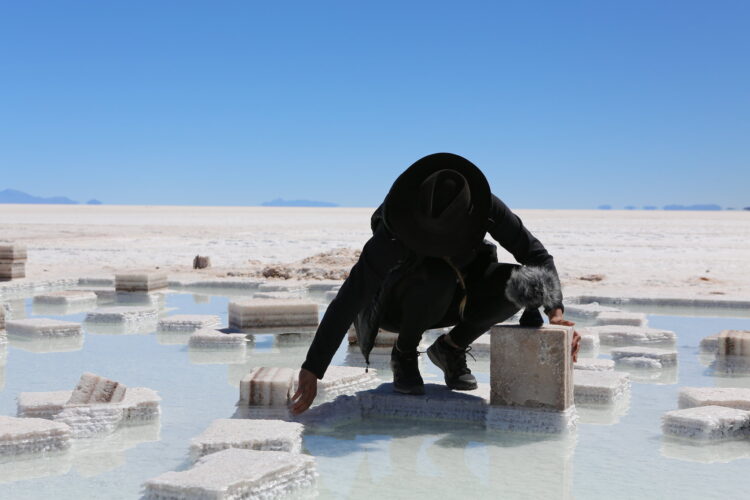
Bridging past, present and future: media art from Latin America
Artists honoured with the CIFO x Ars Electronica Award address environmental problems and present innovative projects.
-
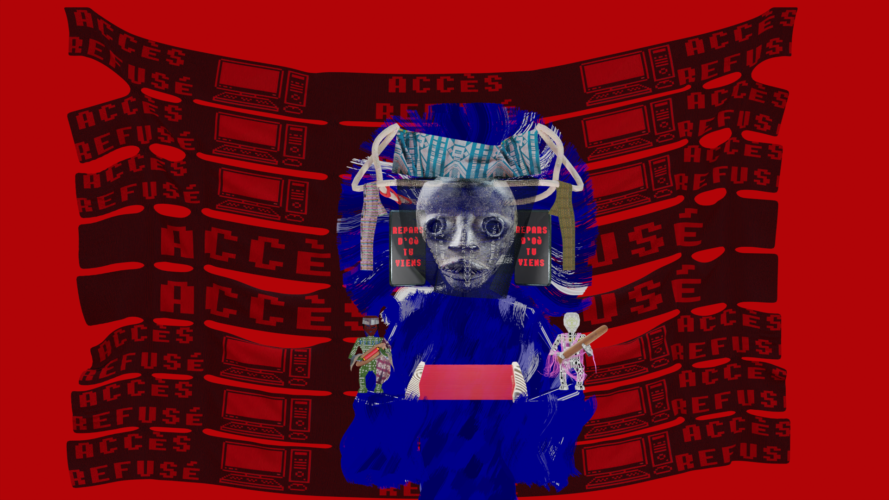
A Story of Arrangement
“You are part of a huge weave, that you cannot ignore anymore.” When you enter Diane Cescutti’s website and her work, you enter the world of weaving.
-
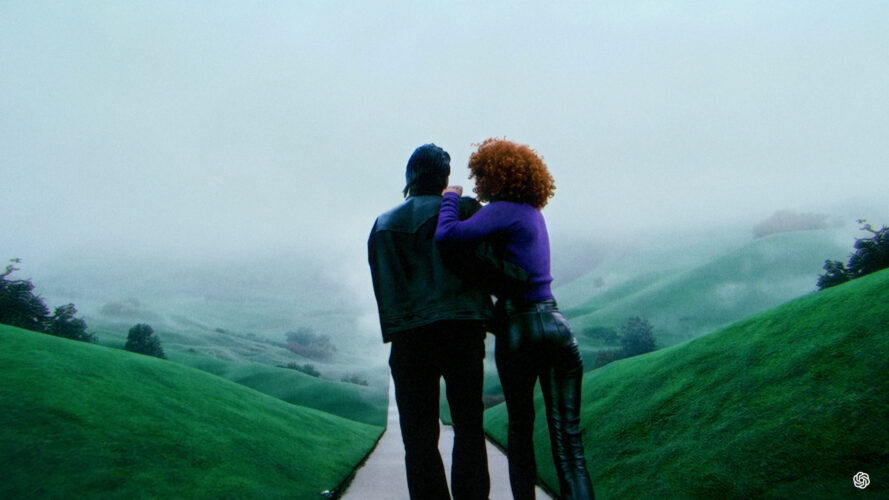
A Fall Down Memory Lane
A trip and a fall down memory lane, tracking the relationship of a couple from middle school into the afterlife. “The Hardest Part” is the winner of the AI in Art Award 2024.
-
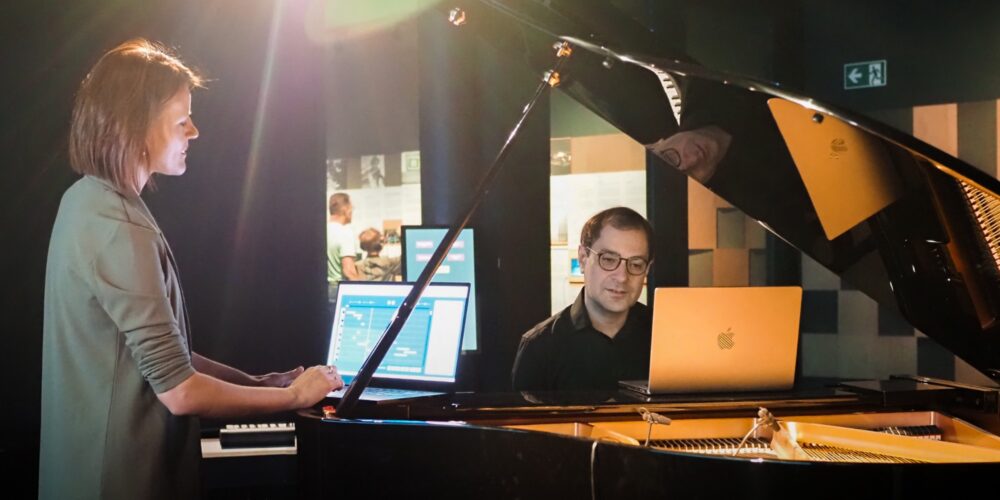
“Waltz Symphony”: Of humans and machines
Artificial intelligence and classical music merge seamlessly in the Waltz Symphony project. Composition students develop innovative orchestral pieces in dialogue with the AI application Ricercar.
-
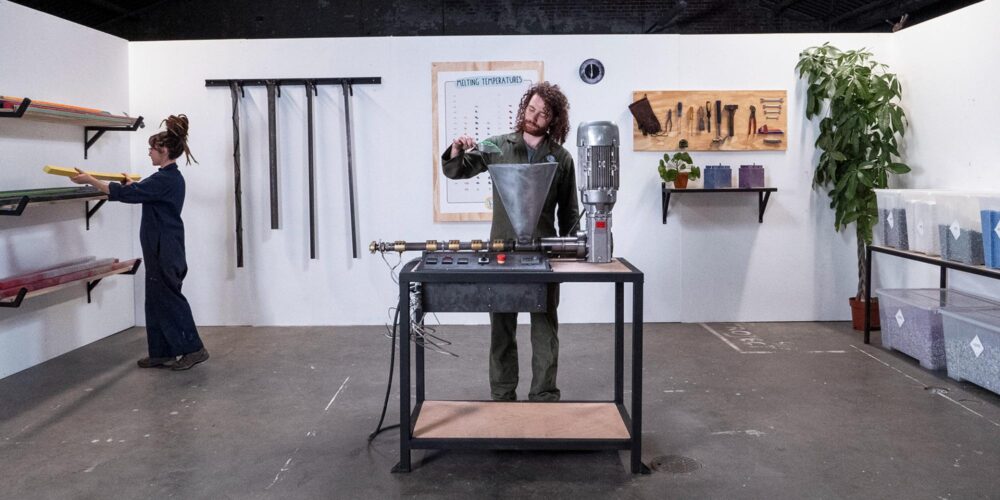
Beacons of hope in a changing world
Under the title HOPE, the Ars Electronica Festival 2024 will focus on the people who give us cause for optimism.
-
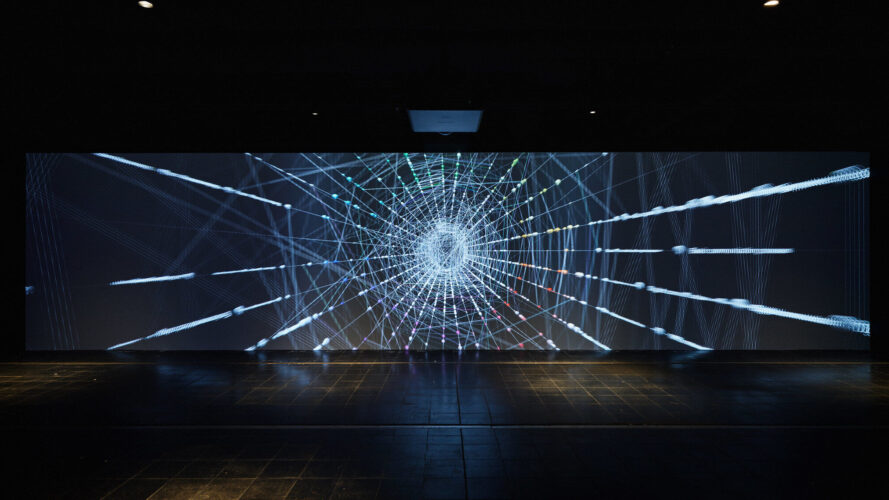
Data Art in dialogue: Artistic Interactions with Technology and Society
Data art transforms complex data into interactive, aesthetic works of art. In “Pulse of the EPO”, the Berlin duo Quadrature uses patent data to explore social and cosmic boundaries.
-
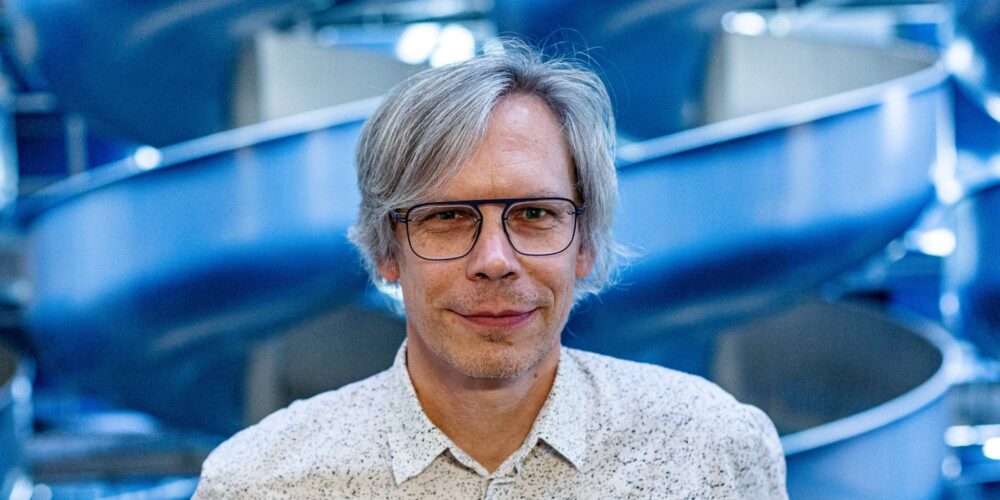
Interdisciplinary Urban Studies and Data Art
In our interview with Prof. Dietmar Offenhuber, we find out how important interdisciplinary approaches are in research and what role data plays in a digitalised world.
-
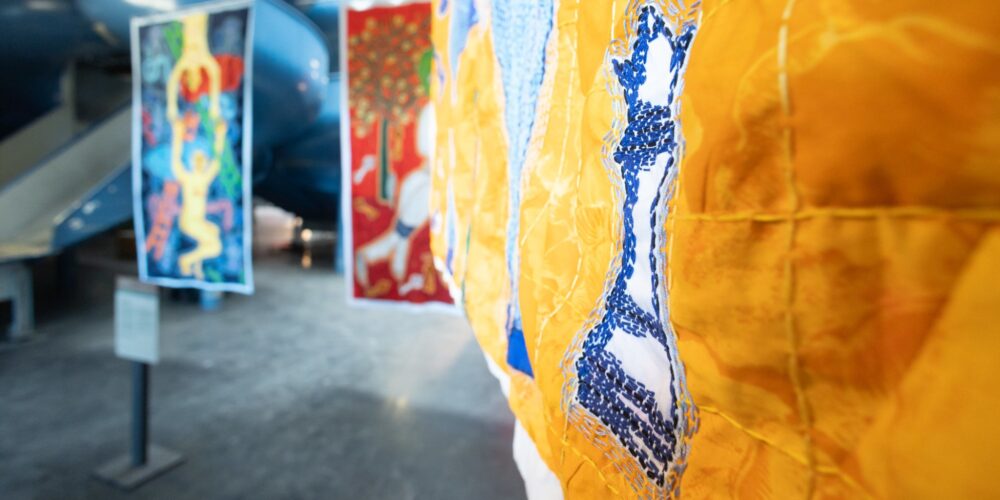
Ars Electronica Recap 2023: Off to New Horizons
The year is coming to an end, but before it does we want to look back on a year of creativity, challenge and inspiration.
-
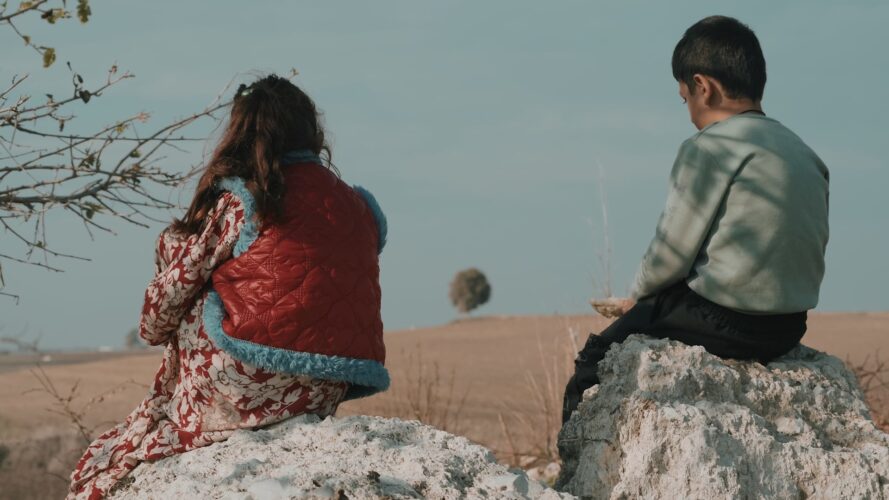
State of the ART(ist): Creative Freedom in Risky Times
As last year, State of the ART(ist) 2023, now with a broader focus, aims to provide visibility to artists in precarious situations.
-
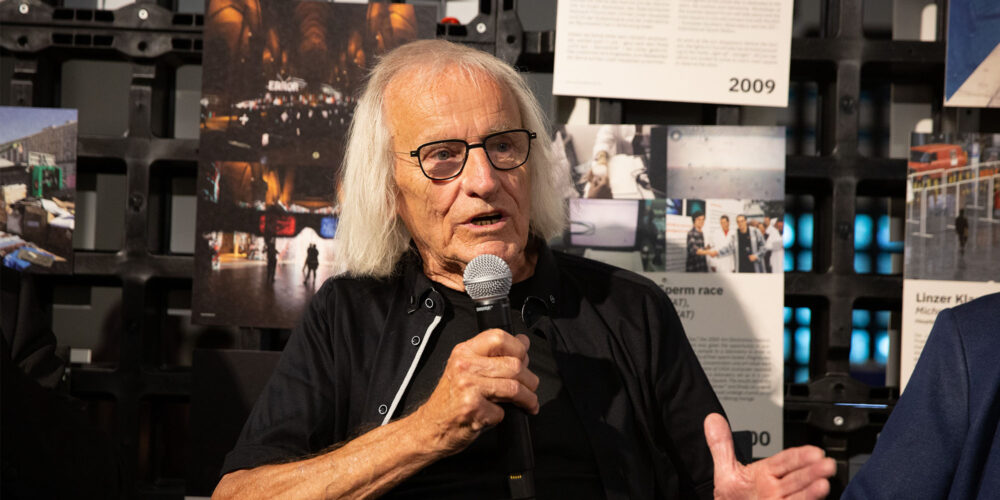
Walter Haupt 1935 – 2023
The inventor of the Klangwolke is dead. An obituary for Walter Haupt, who died in Munich on May 17, 2023 at the age of 88.
-
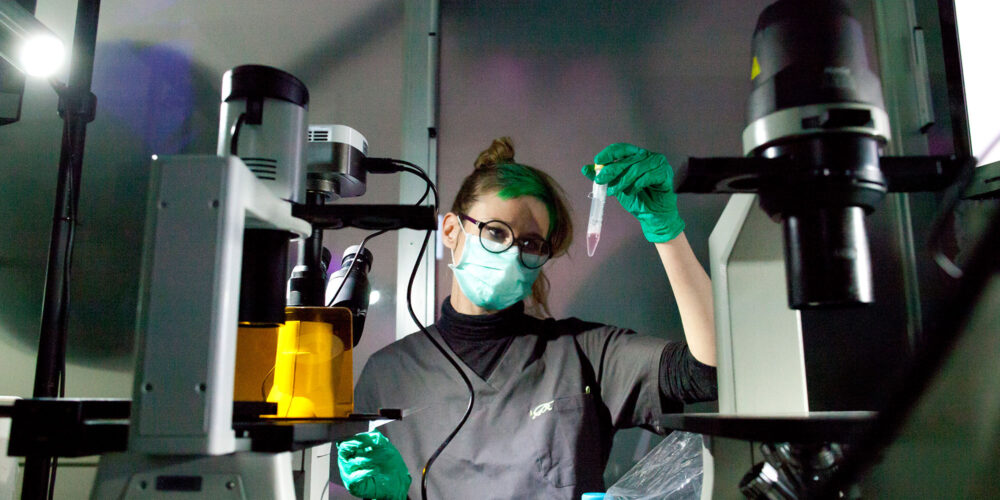
What about AIxxNOSOGRAPHIES?
For the third round of the ArtScience Residency Rainald Schumacher met artist Špela Petrič, the winner of the 2023 edition, for an interview.
-
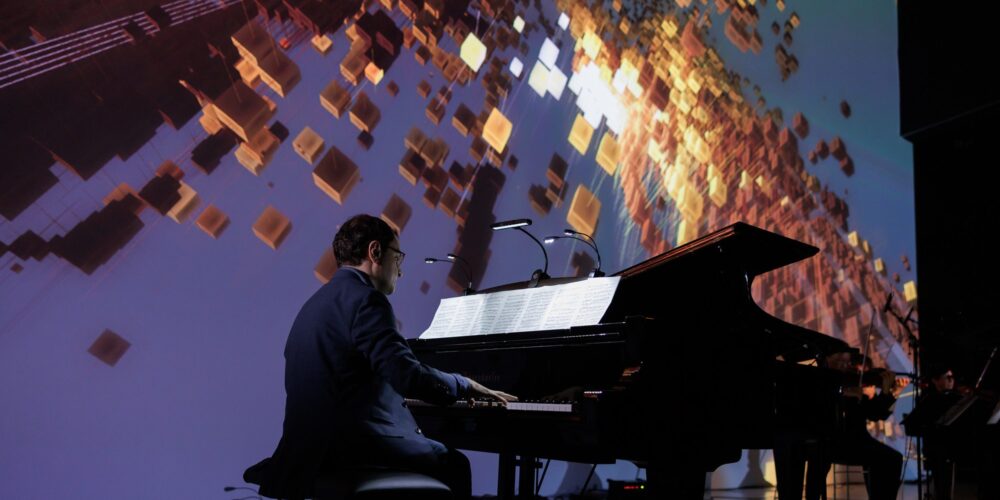
Man-Machine Music – Night Performances
How can we use AI as a creative resource in the future? An audiovisual interpretation of an AI composition invites reflection.
-
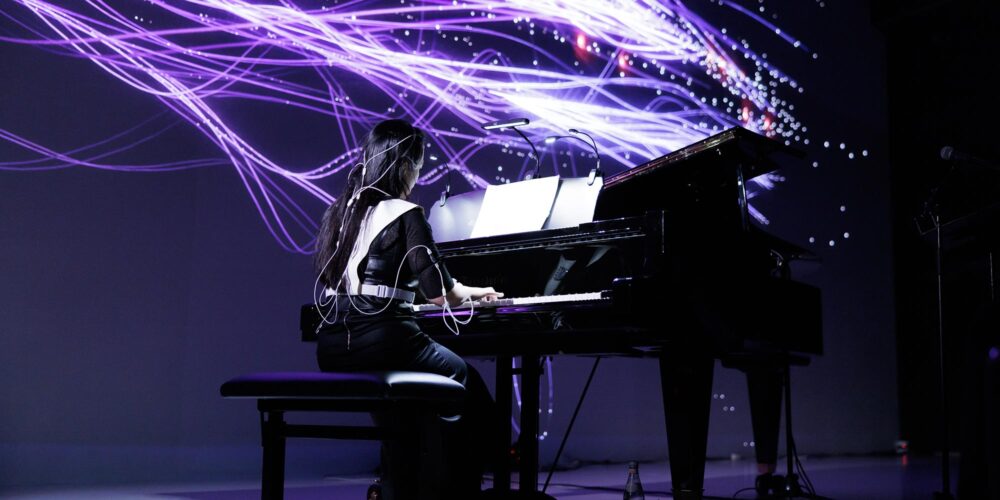
Maki Namekawa with Life Ink – Night Performances
When creativity becomes visible: a unique performance of pianist Maki Namekawa, visualized live by her brain waves and body signals.
-
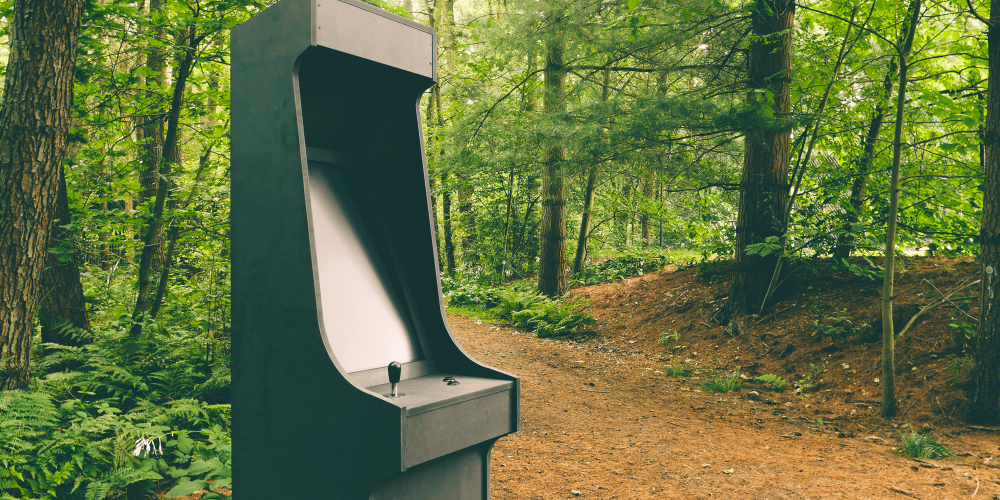
Roel Heremans: The NeuroRight Arcades
Ars Electronica Festival 2022: In a world where neuro-wearables and brain-computer interfaces will soon be ubiquitous, we should also talk about “NeuroRights.”
-
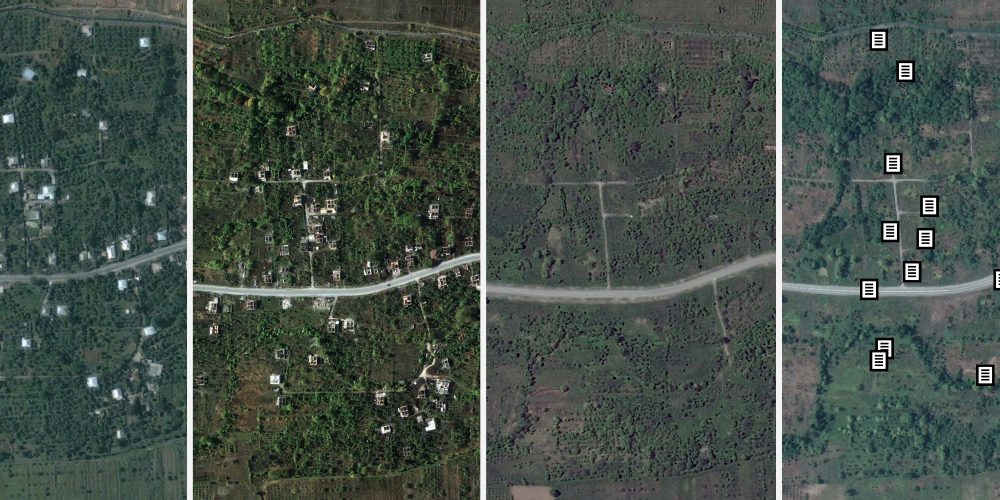
Tools to Confront Unbalanced Realities
What rights do you have in the location of your residence? In his work, artist Irakli Sabekia deals with the spatial and social memory of people who have been forcefully displaced.
-

State of the ART(ist): “Art is neither warlike nor peaceful”
We are convinced that we need art as a space where contradictions can be possible. But how do you deal with these contradictions in times of war? What influence does this have on curation and how does one implement the theme of political persecution in an Open Call?
-
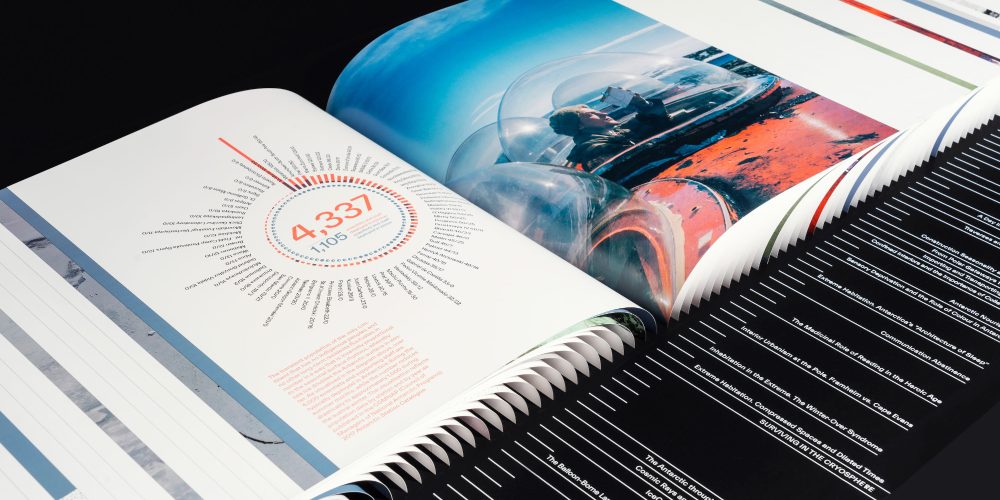
“What happens in Antarctica does not stay in Antarctica”
What does the melting of Antarctica have to do with the future of planet Earth? A lot – and that’s exactly why Giulia Foscari and UNLESS, in the work “Antarctic Resolution”, awarded the STARTS Prize 2022, have called for saving Antarctica and say: “Speak up for Antarctica now!”

